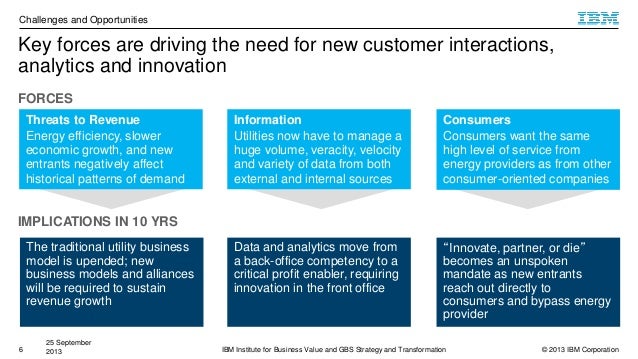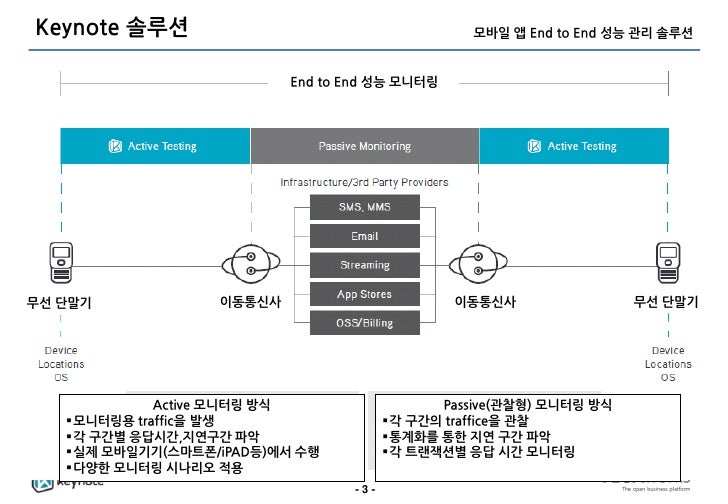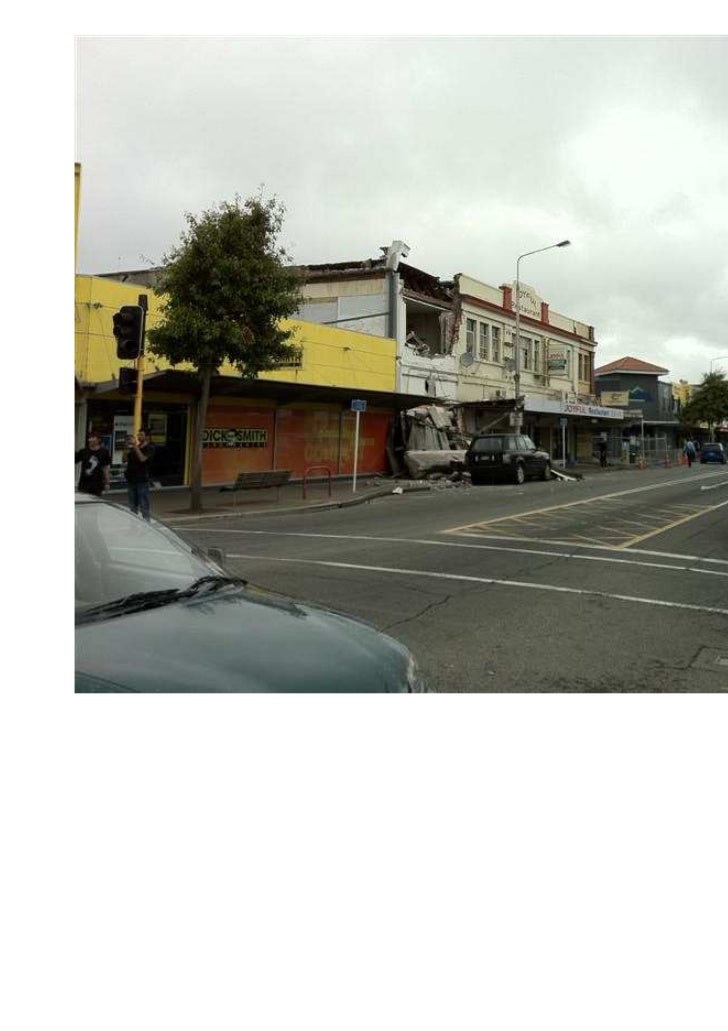
This is the second indication for KEYTRUDA in esophageal cancer in Japan and is the 16th indication overall. The most commonly observed adverse reactions (≥20%) were nausea in 233 patients (63.0%), decreased appetite in 145 patients (39.2%), anemia in 143 patients (38.6%), fatigue in 135 patients (36.5%), neutrophil count decreased in 135 patients (36.5%), vomiting in 110 patients (29.7%), diarrhea in 97 patients (26.2%), neutropenia and stomatitis in 96 patients (25.9% each) and white blood cell count decreased in 89 patients (24.1%). The Japanese package insert notes that in KEYNOTE-590, adverse reactions were observed in 364 patients (98.4%) out of the safety analysis set of 370 patients (including 73 out of 74 Japanese patients) receiving KEYTRUDA at a dose of 200 mg every three weeks in combination with 5-FU and cisplatin.
#Keynote 590 plus
KEYTRUDA plus chemotherapy reduced the risk of death by 27% (HR=0.73 p<0.0001) and reduced the risk of disease progression or death by 35% (HR=0.65 p<0.0001) versus chemotherapy alone. In the KEYNOTE-590 trial, KEYTRUDA in combination with chemotherapy (5-FU plus cisplatin) demonstrated statistically significant improvements in overall survival and progression-free survival versus chemotherapy alone (5-FU plus cisplatin) in chemotherapy-naïve patients with radically unresectable, advanced or recurrent esophageal squamous cell carcinoma or esophageal adenocarcinoma or adenocarcinoma of the esophagogastric junction (Siewert type 1), regardless of histology or PD-L1 expression status. We remain committed to addressing the most challenging cancers affecting Japanese patients and working with the government to provide access to patients in Japan.” “It is encouraging that now appropriate patients with esophageal cancer have an immunotherapy regimen option with KEYTRUDA earlier in the treatment course that can potentially extend their lives. “The burden of esophageal cancer is high in Japan, where cases are increasing,” said Kyle Tattle, president, MSD Japan. “This approval offers a new treatment option with KEYTRUDA, which has been shown to improve overall survival and progression-free survival when combined with chemotherapy compared to standard of care chemotherapy as a first-line treatment for patients with radically unresectable, advanced or recurrent esophageal carcinoma.” Scot Ebbinghaus, vice president, clinical research, Merck Research Laboratories.

“In Japan, patients living with advanced esophageal cancer face a poor prognosis with current chemotherapy regimens,” said Dr.

Merck (NYSE: MRK), known as MSD outside the United States and Canada, today announced that KEYTRUDA, Merck’s anti-PD-1 therapy, has been approved by the Japan Pharmaceuticals and Medical Devices Agency (PMDA) for the first-line treatment of patients with radically unresectable, advanced or recurrent esophageal carcinoma in combination with chemotherapy (5-fluorouracil plus cisplatin) based on data from the Phase 3 KEYNOTE-590 trial. KEYTRUDA Is Now Approved for 16 Indications in Japan


First Anti-PD-1/L1-Based Regimen Approved in Japan for First-Line Treatment of Advanced Esophageal Cancer


 0 kommentar(er)
0 kommentar(er)
